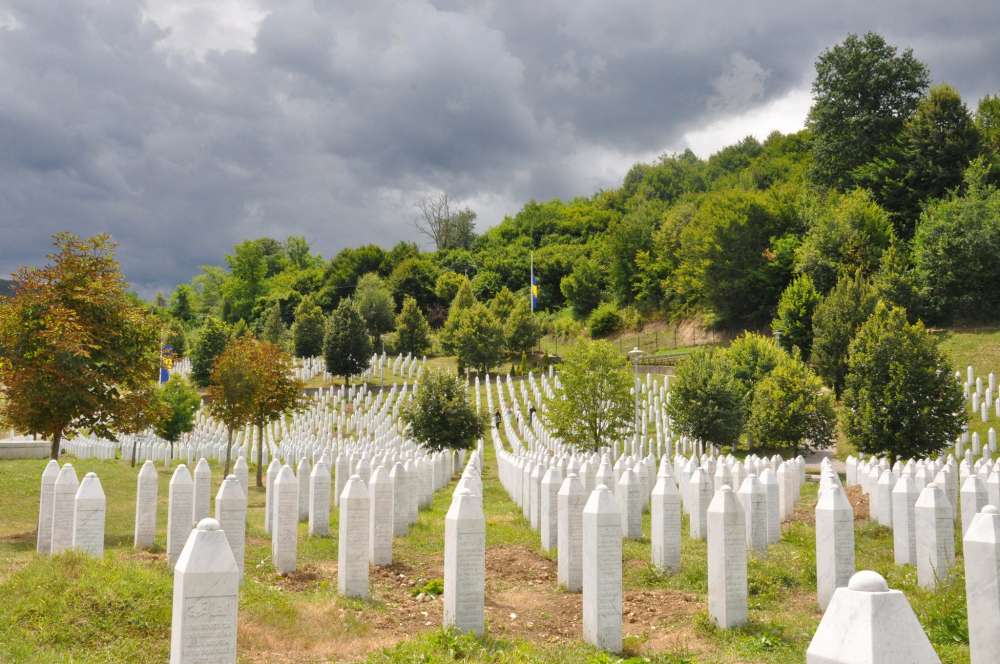The Future of Germany’s Support to the Responsibility to Protect

Introduction
One morning in July 2015, Caroline Spreitzer, a 34-year-old mother of three in the German city of Passau, close to the Austrian border, looked out onto her driveway and saw seventeen Syrian refugees. After providing them with water and sandwiches, she called the police, as the refugees had requested. The police eventually arrived to pick them up for registration. The next day, Spreitzer wrote on her Facebook page that she “understood for the first time that we are seeing the beginning of a humanitarian catastrophe” (Coen & Sußebach 2015).
Since the summer of 2015, stories like Spreitzer’s, which was reported in the German weekly Die ZEIT, have been multiplying. Prior to the refugee crisis, many Germans were able to view wars and atrocities unfolding in faraway places as being irrelevant to their lives. But the refugee crisis has overturned this perception. As aptly described by German Chancellor Angela Merkel, while speaking with unusual candour about foreign policy challenges in the fall of 2015: “In many regions, war and terror prevail. States disintegrate. For many years we have read about this. We have heard about it. We have seen it on TV. But we had not yet sufficiently understood that what happens in Aleppo and Mosul can affect Essen or Stuttgart. We have to face that now” (Vick & Shuster 2015).
Since the unprecedented influx of migrants to Germany in the summer and fall of 2015, every German politician, from Berlin to Bavaria, has stated that fighting the causes of migration flows is a key priority for Germany. Given that these causes have much to do with the atrocities and terror from which civilians are fleeing on a daily basis, one would expect German policymakers to pay more attention to the protection of civilians from mass atrocities. However, as I will argue in this essay, German foreign policy makers have yet to translate their desire to take greater action into a stronger policy regarding the implementation of the Responsibility to Protect (R2P).
First, I will review the key tenants of the German position on the Responsibility to Protect over the last decade. Then, I will outline three areas in which increased German foreign policy activity will be likely: the strengthening of early warning and prevention tools; the instrument of military operations; and the engagement of emerging powers in crisis prevention and reaction. I will argue that the trends towards greater engagement in these areas are not caused primarily by the desire to increase the German contribution to R2P, and that they alone will not guarantee a stronger German policy on atrocity prevention. But if the German government adds a lens of atrocity prevention to its policies, and if German civil society pressures it to do so, these trends can provide an opportunity to strengthen Berlin’s role in the implementation of R2P.
…
Full policy paper is available for download.
This paper was published as part of Amnesty International Netherlands’s special issue Strategic Shifting Power and Human Rights Diplomacy: Germany.







